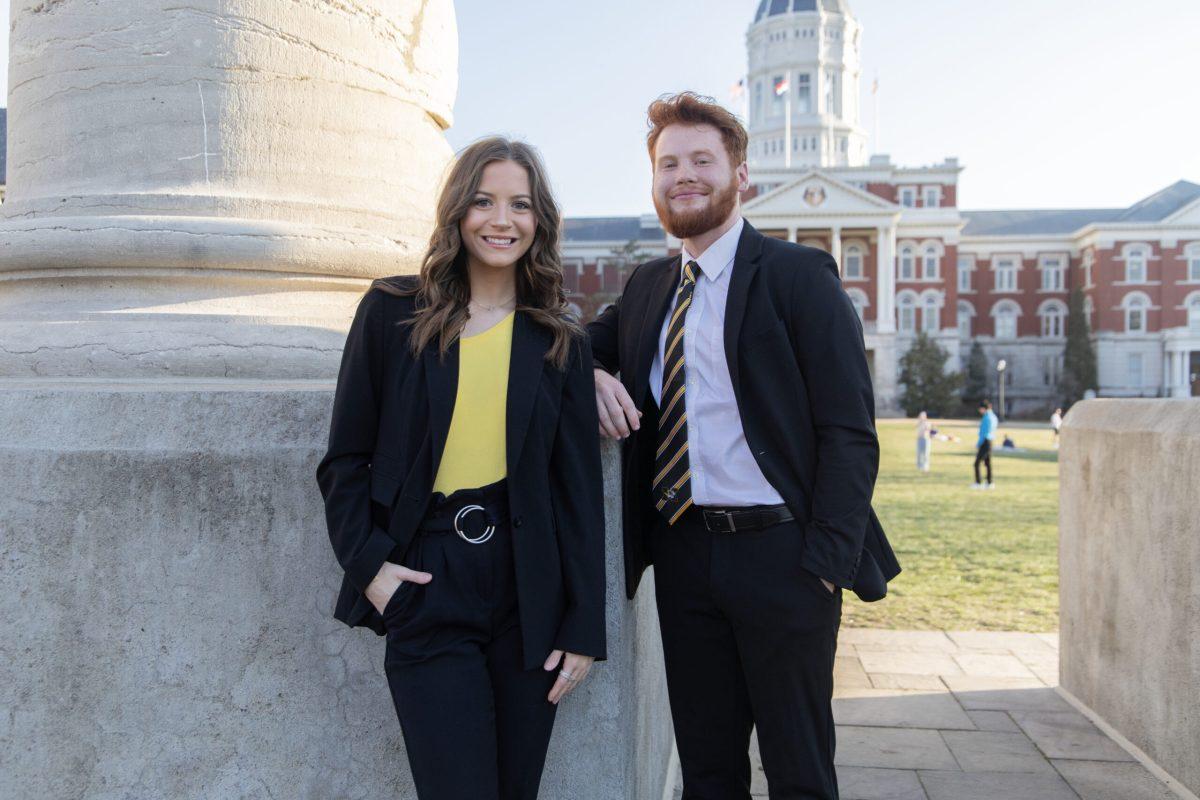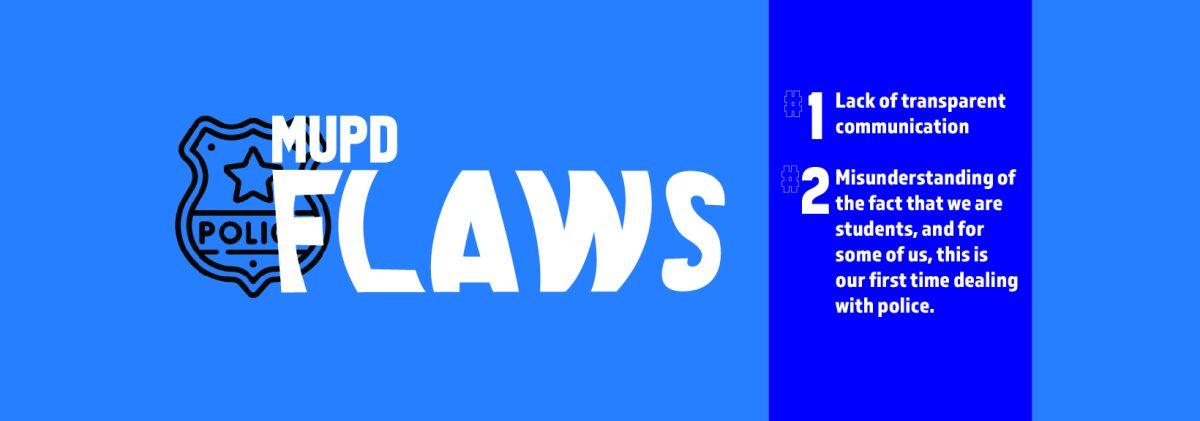Among the millions of American women who have been victims of rape, almost 80 percent were first raped before their 25th birthday. Only a fraction of the offenders are punished.
This must stop. Enough is enough.
I am as determined as millions of others to change the statistics, to shape a new reality for future generations. Because sexual assault on college campuses and in communities across the country must stop. Doing so comes down to a simple proposition – we have to change the culture.
I recently visited the University of Illinois in Urbana-Champaign. On campus, hundreds of student leaders, courageous survivors, athletes, Greek organizations, and others are coming together to confront the status quo in part by taking the “It’s On Us” pledge. It means promising to intervene instead of being a bystander; promising to recognize that no means no; and promising that you will do everything you can to create an environment where sexual assault is unacceptable, and survivors are supported.
Across the country, hundreds of thousands of students are taking the pledge. They’re organizing their friends, neighbors, and communities to reject the notion that sexual assault is acceptable.
Yet the culture that lets people look away, or stay silent in the face of danger still exists in far too many places.
As a society, we’re still asking the wrong questions: Why were you there? What were you wearing? Were you drinking?
Our questions should be targeted at offenders, not at victims: What made you think that you had a right to do what you did? And why on earth didn’t somebody stop you if they were there? Additionally, bystanders might ask themselves: Why didn’t I have the courage to intervene?
The only way to change this is to speak up and demand change.
That’s why I wrote the Violence Against Women Act in the first place. When I wrote it, there were plenty of people who told us that we were wrong. But because of brave survivors who spoke out, and because we forced America to look at the dirty little secret of sexual assault, things began to change.
We’ve made strides in the right direction, but there’s so much work that lies ahead.
We must speak out when someone is demeaned or disrespected. Silence is a form of approval. Inaction is a form of cowardice.
It takes courage to speak up. But it is expected.
Everyone has to step up.
As our [White House Task Force to Protect Students from Sexual Assault](https://www.notalone.gov/assets/report.pdf) has underscored, school administrations have a legal responsibility—and moral obligation—to keep their students and campuses safe and free from discrimination. And the U.S. Department of Education has made it clear that schools which fail in their responsibility to appropriately respond to sexual assault are in violation of Title IX and risk federal investigation and loss of federal funding.
But it’s not just up to the schools. It’s up to the entire community. That means the teams, the fraternities and sororities, the school newspapers, professors, mentors, religious leaders and so many others need to step up, step in and speak out.
It is particularly important that men get involved. They should ask themselves: What would I have done if that was my sister or brother? Am I demanding enough of those around me? Am I the man that I want to be?
It’s not just OK to intervene; it is your responsibility.











